
In Spite of the Gods
The Rise of Modern India
Published by arrangement with Broadway, part of The Doubleday Publishing Group, a division of Random House, Inc.
ISBN: 9780385514743
Pages: 400
Recommendation
getAbstract recommends this excellent, well-written work of reportage on India. Edward Luce provides a colorful, striking picture of the country and its unconventional path to development. Within the past several years, numerous books have been published about so-called “Chindia,” the phenomenon of the economic emergence of the two most populous nations on earth. Luce makes it very clear that categorizing India with any other place, including the ever-intriguing China, is probably analytical and intellectual sloth. India presents such overwhelming, bewildering complexity that onlookers must take it on its own unique terms.
Summary
About the Author
Edward Luce, Washington bureau chief for The Financial Times, was its South Asia bureau chief from 2000 to 2006. From 1999 to 2000, he was a Clinton-administration speechwriter.


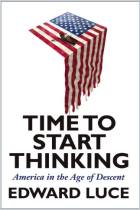
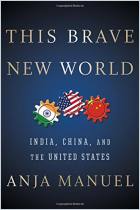
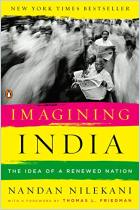
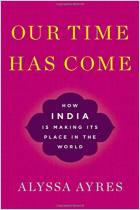
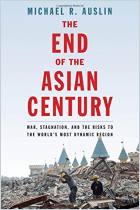

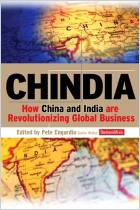





Comment on this summary